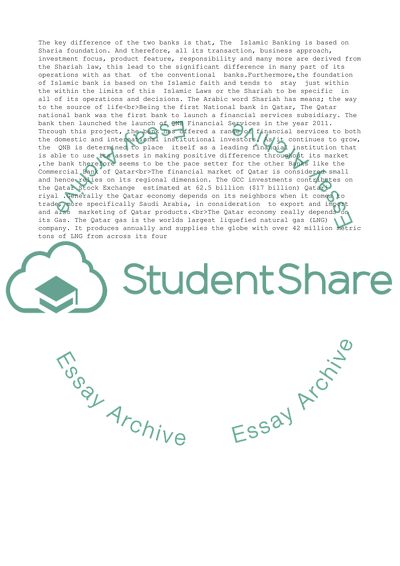Cite this document
(“A Comparison between Islamic and Non-Islamic banks and companies in Research Paper”, n.d.)
A Comparison between Islamic and Non-Islamic banks and companies in Research Paper. Retrieved from https://studentshare.org/business/1641804-a-comparison-between-islamic-and-non-islamic-banks-and-companies-in-terms
A Comparison between Islamic and Non-Islamic banks and companies in Research Paper. Retrieved from https://studentshare.org/business/1641804-a-comparison-between-islamic-and-non-islamic-banks-and-companies-in-terms
(A Comparison Between Islamic and Non-Islamic Banks and Companies in Research Paper)
A Comparison Between Islamic and Non-Islamic Banks and Companies in Research Paper. https://studentshare.org/business/1641804-a-comparison-between-islamic-and-non-islamic-banks-and-companies-in-terms.
A Comparison Between Islamic and Non-Islamic Banks and Companies in Research Paper. https://studentshare.org/business/1641804-a-comparison-between-islamic-and-non-islamic-banks-and-companies-in-terms.
“A Comparison Between Islamic and Non-Islamic Banks and Companies in Research Paper”, n.d. https://studentshare.org/business/1641804-a-comparison-between-islamic-and-non-islamic-banks-and-companies-in-terms.


